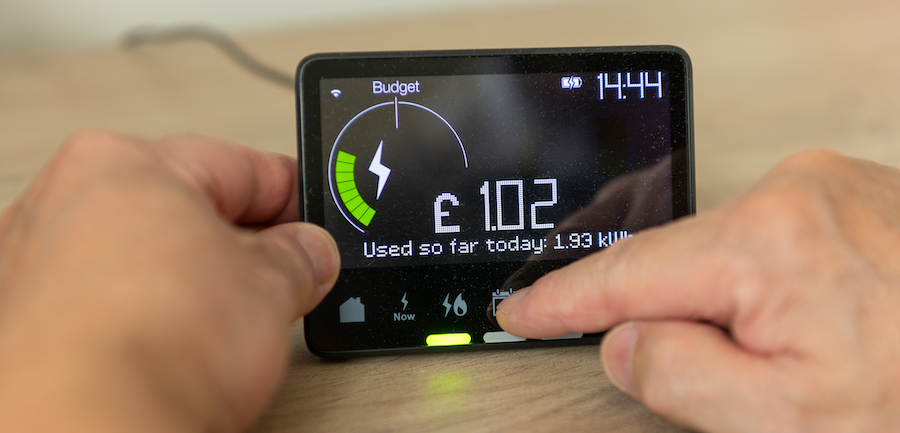The UK smart meter rollout is slowing again
The target to complete the smart meter rollout looks out of reach. However, the industry is not giving up hope yet.
It’s fair to say the initiative to get smart energy meters into every home and business in the UK has not gone smoothly. Technical issues have made a whole generation of meters obsolete. There have been supply problems, budgetary miscalculations and more. Then, there was the COVID pandemic, which further derailed everything.
At regular intervals, the government would extend the target date for completion in the hope that it would mean the industry could meet it. That date is currently December 2025. However, according to the latest government statistics, it looks like even that extended target is out of reach.
In this article, we’ll examine the latest figures to see if there are any signs of recovery. We’ll also look at the issues the industry faces in hitting this target and some last-minute plans to get those numbers up. Let’s get started.
Q2 2024 smart meter rollout figures
The bad news is that Q2 2024 was not a bumper period for the smart meter rollout. Just 692,200 smart meters were installed by the leading energy suppliers during this quarter. This represents an 11% reduction from Q1 2024 and a 15% fall year-on-year.
By the end of the quarter, 36.2 million smart meters have been installed in UK homes and businesses – still a long way short of the target.
Fixing the bottlenecks
The bodies in charge of the smart meter rollout have a problem: the low-hanging fruit has already been picked. Everyone who wanted a smart meter has one now. Everyone who wasn’t fussy either way and could easily be talked into getting a smart meter by their energy supplier also has one now. All that is left now are the hardest people to persuade – or the technically impossible.
Firstly, you have outright refusers. These are people who categorically say that they don’t want a smart meter and they are never going to let an engineer come and install one. There are several reasons why someone might feel this way. Perhaps they’ve been affected by scare stories that smart meters are a way for the authorities to monitor you. Maybe they don’t want someone coming into their home without a good reason. Or, possibly, they just don’t comprehend the benefits of getting a smart meter.
The powers that be are trying to target these refusers with marketing that explains why it’s a good idea to get a smart meter, such as the environmental benefits or the prospect of exclusive, cheaper, smart meter-only tariffs.
However, some people can’t get a smart meter for technical reasons. Perhaps they live somewhere particularly remote, or they can’t get mobile reception in their home. How do you get these people, who may actually want a smart meter, to get one?
To try to make converting these people a smoother process, Ofgem has set a requirement for National Gas and Gas Distribution Networks (GDNs) to align their obligations for traditional metering with the smart meter rollout. These so-called ‘Sunset Conditions’, aimed at consumers who can’t get a smart meter due to a technical issue, require suppliers to install a traditional meter for the same cost. It is hoped that this requirement means that suppliers can get inside a home to fit a traditional meter, but at the same time, assess whether a smart meter is feasible.
Addressing ‘dumb’ mode
Another interesting statistic in the Q2 2024 government smart meter figures is that 3.5 million smart meters – around 10% of the total number – are running in ‘dumb’ mode. This means that, for some reason, they cannot communicate properly with the energy supplier. When a meter operates in dumb mode, the customer cannot fully reap the benefits of having a smart meter. They could be losing out on opportunities to save money, for example.
To fix this issue and get the number of smart meters operating at their full capacity in line with targets, the industry needs to redouble its efforts. Customers must be encouraged to report faults, while suppliers must act quickly to fix or replace faulty meters.
Hitting the target
While it looks like the current 2025 target to complete the UK smart meter rollout is out of reach, it’s good to see the industry trying different ways to bring the last tranche of people on board.
When you have a smart meter in your home or business, the benefits are valuable. You don’t have to send meter readings to your supplier anymore, you can see how much energy you’re using and take steps to reduce it, and you can get special tariffs only available to smart meter users. The more people that have a smart meter, the more the benefits multiply. Therefore, it’s great to see the industry making the effort. Let’s hope it works.
